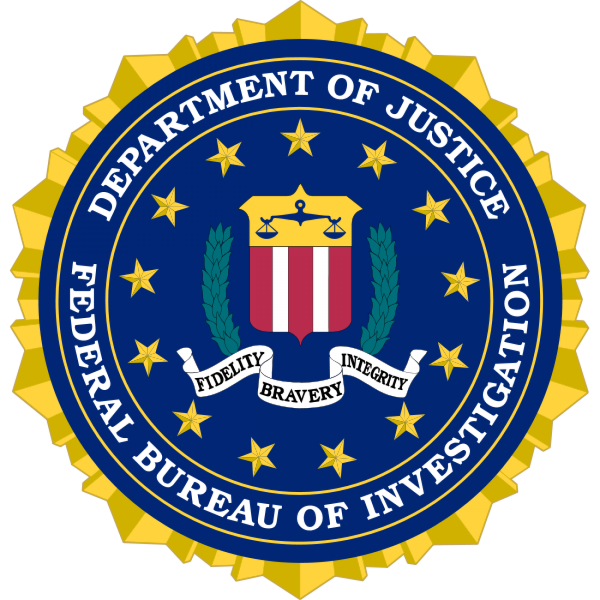FBI Spyware Plot Revealed: Fed Wanted To Hack Computer Webcam To Hunt Suspect
Judge Wouldn't Allow Feds To Hack Unknown Computer

In an effort to better track suspects, the FBI wanted permission to hack a webcam and convert it into a surveillance camera. A Houston judge rejected this notion on Monday, refusing an FBI plot that revealed a troubling desire to use malware tactics to catch a criminal.
The suspect, who is still at large, is wanted for using email to gain access to a Texas man’s bank account and transferring a “sizable” amount of money to a foreign bank account. The original FBI plan involved installing a spyware Trojan (similar to the "sextortionist" plot revealed in January) to infiltrate a computer's webcam and covertly take photographs of the wanted suspect.
“[T]he government’s data extraction software will activate the target computer’s built-in camera and snap photographs sufficient to identify the persons using the computer,” wrote Judge Stephen Smith in a 13-page rejection. “In between snapping photographs, the government will have real-time access to the camera’s video feed.”
The Trojan would have also provided the FBI with access to Internet activity records, user location, email contents, chat messages, photographs, documents and passwords. The malware is similar to the kind used in recent Twitter scams, including the one that hacked the AP this week and caused a temporary panic.
But the FBI was unable to provide the physical location of the suspect or the computer it planned on hacking. Ultimately, this is why the FBI's spyware plan was rejected. Judge Smith said that, without this knowledge, his authorization would allow the FBI to hack any computer in the world.
“What if the target computer is located in a public library, an Internet café or a workplace accessible to others?” Smith wrote. “There may well be sufficient answers to these questions, but the government’s application does not supply them.”
Using spyware to track cybercriminals isn’t new for the FBI. The feds have infected computers with Trojans to gather IP addresses and browsing data since 2007. But what’s interesting about this case is how advanced the spyware in question is. The FBI's possession of technology advanced enough to turn any webcam into a surveillance camera is troubling, to say the least.
© Copyright IBTimes 2025. All rights reserved.






















